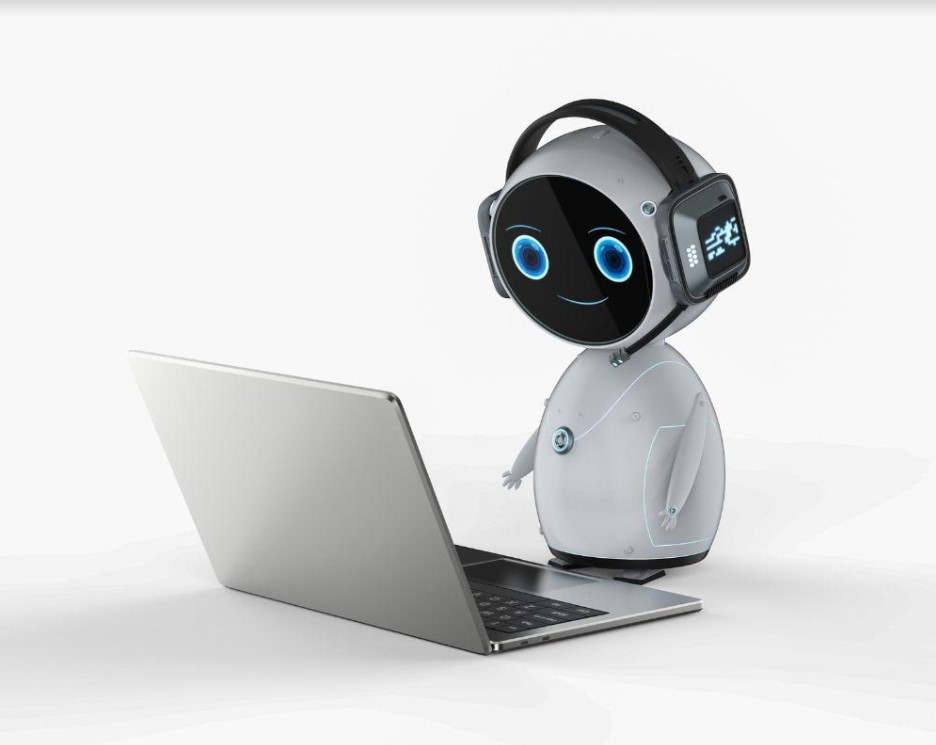
The emergence of technology has brought about many changes in the ways businesses function. The rapid progress of artificial intelligence, machine learning, robotics, and automation has had a profound impact on most sectors. An industry that has seen significant improvements from these technological advancements is Heating, Ventilation, and Air Conditioning (HVAC).
What is Automation?
At its core, automation involves implementing control systems like computers or robots, as well as leveraging information technologies to manage various operations and equipment, thereby reducing the necessity for human involvement. From automatic doors at the grocery store to autonomous vehicles, automation is everywhere.
The Evolution of HVAC Systems
HVAC systems have undergone a significant evolution over the years, particularly with the integration of automation technologies. Originally, HVAC systems were primarily manual, requiring constant attention and adjustment to ensure optimal performance. With the progression of technology, the inclusion of automation has become a crucial aspect in contemporary HVAC systems, drastically enhancing their efficiency and overall functionality.
How Automation Impacts HVAC Services
The significance of automation in HVAC services cannot be exaggerated. The following are some examples of how automation has transformed the HVAC sector.
Improved Efficiency and Energy Conservation
The efficiency of HVAC systems is significantly improved by automation. This technology allows for accurate regulation of temperature and airflow, thereby reducing energy waste and promoting conservation. Automated HVAC systems can adapt heating and cooling settings based on real-time information, like the number of individuals in a space or current weather patterns. As a result, optimal comfort levels are maintained while minimizing energy consumption.
Enhanced System Monitoring and Maintenance
Automated HVAC systems have sophisticated tracking abilities, allowing them to detect any issues and alert technicians to any potential problems. This not only saves time and resources but also prevents minor issues from escalating into major, costly repairs. Furthermore, automation enables predictive maintenance strategies, allowing service providers to address problems even before they occur.
Streamlined Operations
Automation simplifies many aspects of HVAC system operation. For instance, instead of manually adjusting settings for different times of the day or changing weather conditions, automation can handle these adjustments based on programmed schedules or triggers. This relieves the burden on facility managers or homeowners, allowing them to focus on other responsibilities.
The HVAC Answering Service
Automation isn’t just about the physical HVAC systems. It’s also about how HVAC companies interact with their customers. Automated customer service tools, like an HVAC answering service, use AI to handle customer inquiries, schedule appointments, or alert technicians to urgent service requests. According to the good folk at Apello (https://apello.com/), this enhances customer satisfaction, streamlines workflows, and increases overall operational efficiency.
Challenges and Opportunities in HVAC Automation
As with any technological shift, the move towards more automated HVAC services is not without its challenges. It takes a lot of money and effort to become familiar with new technologies. Training technicians to handle advanced automated systems, updating existing infrastructure, and ensuring cybersecurity are all potential hurdles.
Despite the challenges, the HVAC industry is still taking advantage of the opportunities automation presents. With benefits like enhanced efficiency, improved customer service, and predictive maintenance, the return on investment in automation can be substantial.
Conclusion
Automation in HVAC services is more than just a trend. It is a transformative development that is reshaping the industry, increasing efficiency, improving customer service, and making predictive maintenance a reality.
While challenges such as initial investment, training, and cybersecurity need to be tackled, the opportunities that automation presents are immense. Automation will make HVAC services more intuitive, efficient, and effective for businesses and consumers alike as we move forward.

